Looking to discover a beauty secret that has been treasured for centuries? Look no further than the golden elixir known as argan oil in Morocco. This prized ingredient, extracted from the kernels of the argan fruit, is not only a powerful contributor to skincare and haircare routines but also a symbol of Moroccan culture and tradition.
For generations, the production of argan oil has been passed down through the hands of local artisans, who painstakingly extract every drop of this precious oil. The properties of argan oil are nothing short of miraculous – it nourishes dry skin, tames unruly hair, and even helps fight signs of aging.
Join us on a journey to explore the wonders of argan oil in Morocco, where time-honored techniques meet modern-day beauty rituals. Discover the legend behind the goats that climb trees in search of these coveted fruits and learn how just a few drops of this liquid gold can transform your beauty routine at home. Embark on this adventure with us and unlock the secrets hidden within each kernel.
The Essence of Argan Oil
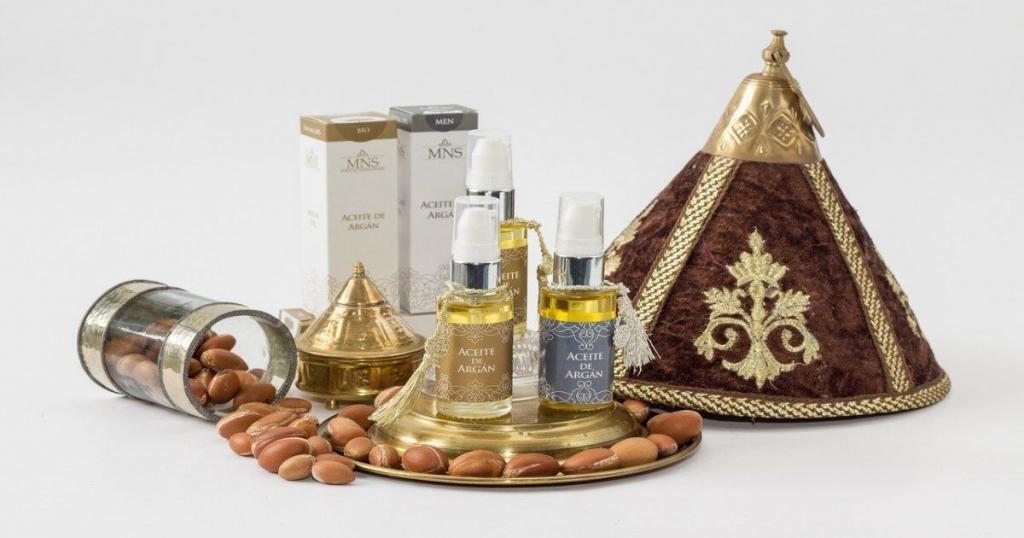
Origins and Production
Argan oil, derived from the kernels of the argan tree, is a precious commodity native to Morocco. The traditional method of extracting this oil involves hand-cracking the nuts, making it a labor-intensive process. This meticulous production contributes to the exclusivity of argan oil, ensuring its high quality and authenticity.
Cultural Heritage
In Moroccan culture, argan oil holds great importance and has been deeply ingrained in traditions for centuries. It has been used by Berber communities for various purposes including culinary, cosmetic, and medicinal applications. Passed down through generations, the cultural heritage surrounding argan oil adds to its allure and value.
Culinary Versatility
One of the remarkable qualities of argan oil is its culinary versatility. With a unique nutty flavor profile, it enhances various dishes with its distinct taste. In traditional Moroccan cuisine, such as tagines and couscous, argan oil is commonly used to add depth and richness to these iconic recipes. From drizzling over salads to incorporating homemade bread or even using it as a dip for bread, exploring the culinary potential of argan oil opens up a world of delightful flavors.
Cosmetic Elixir
Beyond its culinary uses, argan oil is renowned for its exceptional moisturizing properties in the realm of skincare. Considered a natural elixir for nourishing and hydrating the skin, this golden liquid has gained popularity worldwide. Rich in essential fatty acids and antioxidants, argan oil helps promote a healthy complexion by providing deep hydration while also protecting against environmental stressors. Whether applied directly on the face or incorporated into beauty products like serums or moisturizers, incorporating argan oil into your skincare routine can leave your skin feeling rejuvenated and radiant.
Argan oil’s origins in Morocco coupled with its cultural significance make it truly special. From being handcrafted through traditional methods to being a versatile ingredient in both culinary and cosmetic realms, argan oil offers a unique experience. Its rich history and exceptional qualities have made it a sought-after product worldwide.
The Miraculous Benefits
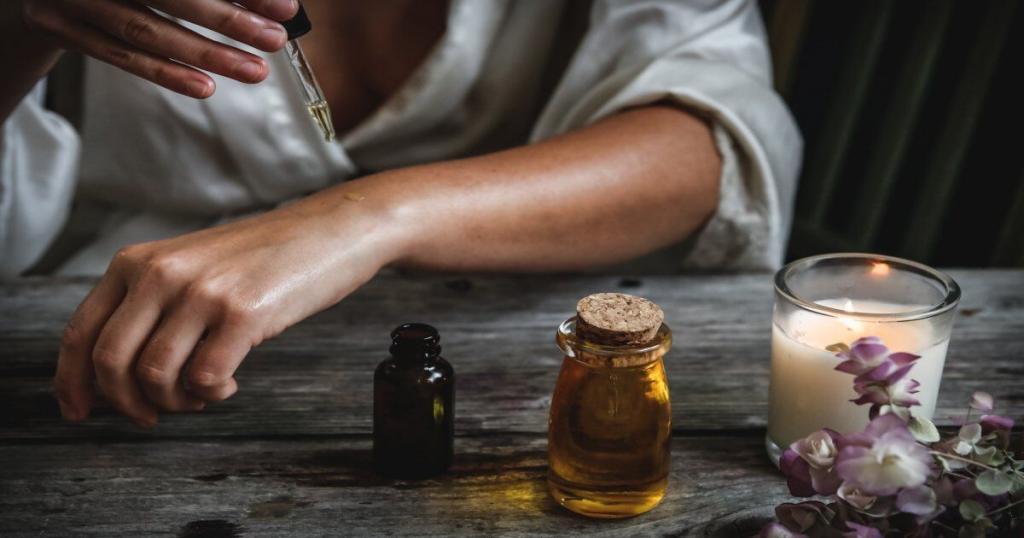
Skin Revitalization
Argan oil from Morocco is a true miracle worker. Its incredible properties can help reduce signs of aging and give your skin a youthful glow. One of the key benefits of argan oil is its high vitamin E content, which promotes cell regeneration and improves elasticity. By using argan oil regularly, you can effectively combat wrinkles, fine lines, and sagging skin.
Imagine waking up every morning to a rejuvenated complexion that radiates youthfulness. Argan oil’s nourishing properties penetrate deep into the skin, providing intense hydration and promoting a healthy-looking glow. It’s like giving your skin a refreshing drink of water that leaves it feeling soft, supple, and revitalized.
Hair Nourishment
If you’re looking for a natural solution to transform your hair care routine, look no further than argan oil. This liquid gold from Morocco deeply conditions and nourishes hair strands from root to tip. Whether you have dry or damaged hair, frizz-prone locks, or simply want to enhance the overall health of your hair, argan oil is here to rescue your tresses.
By incorporating argan oil into your daily hair care routine, you can experience remarkable results. Say goodbye to unruly frizz as argan oil helps tame flyaways and smoothes out your mane for sleeker styles. Not only does it provide immediate shine and luster but it also has long-term benefits by strengthening the hair follicles and preventing breakage.
Health Enhancements
Argan oil not only works wonders externally but also offers various health enhancements when consumed internally. Packed with rich nutrients such as essential fatty acids and antioxidants, this versatile oil provides numerous benefits for your overall well-being.
The antioxidants found in argan oil are known for their ability to support heart health by reducing oxidative stress and inflammation in the body. The high vitamin E content in argan oil helps boost the immune system and protect against free radicals. By incorporating argan oil into your diet, you can give your body a natural boost and support its optimal functioning.
It’s important to note that when adding argan oil to your skincare routine or consuming it internally, you should look for pure and organic options. Avoid products that contain harmful chemicals like parabens, which can have adverse effects on your health.
Incorporating argan oil into your beauty and wellness regimen is like unlocking a treasure trove of benefits. From revitalizing your skin to nourishing your hair and enhancing your overall health, this miraculous oil from Morocco has got you covered.
Culinary Delights of Argan Oil
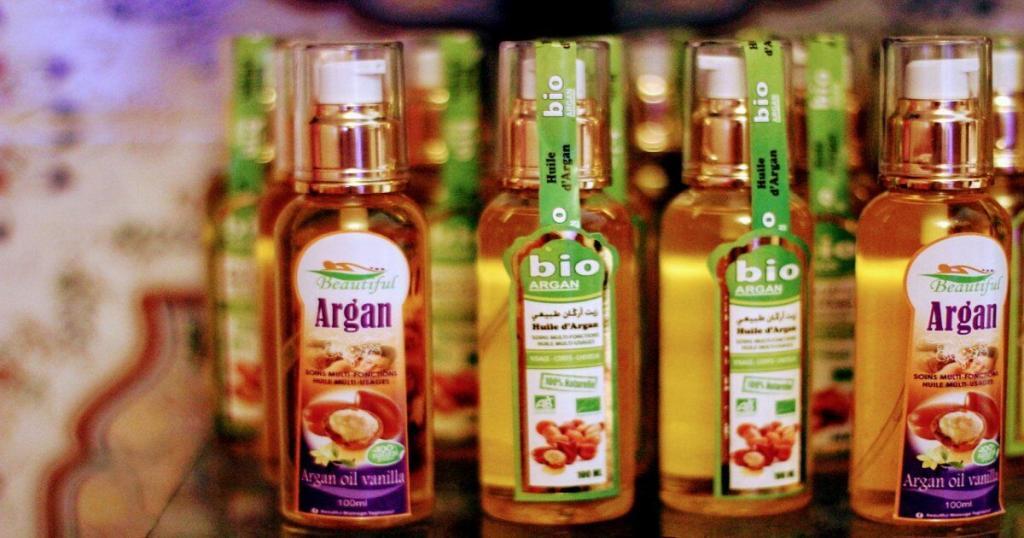
Flavor Profile
Argan oil, a staple in Moroccan cuisine, offers a unique and delightful flavor profile. With its distinct nutty taste and hints of roasted sesame, this oil adds depth and complexity to dishes. Imagine the rich aroma of toasted nuts combined with the earthiness of sesame seeds. The result is a culinary experience that tantalizes the taste buds.
When used in cooking, argan oil infuses its distinct flavor into your creations, enhancing their overall appeal. Whether you’re preparing a simple salad or a complex Moroccan tagine, incorporating argan oil can elevate your dish to new heights. Its robust flavor pairs well with various ingredients and spices commonly found in Moroccan cuisine.
Cooking Applications
The versatility of argan oil extends to its cooking applications. This golden elixir can be used as both a finishing oil and an ingredient in dressings and marinades. As a finishing oil, drizzle it over salads or roasted vegetables just before serving to add a touch of richness and nuttiness.
In dressings and marinades, argan oil imparts its distinctive flavor while also providing a silky texture. Whisk it together with lemon juice, garlic, and herbs for a vibrant vinaigrette that complements fresh greens perfectly. Alternatively, use it as part of a marinade for grilled meats or seafood to enhance their natural flavors.
Moroccan cuisine showcases the diverse uses of argan oil. It is often incorporated into traditional dishes like couscous or tajines (slow-cooked stews). In these preparations, the nutty notes from the argan oil harmonize with spices like cumin, coriander, and cinnamon to create richly flavored meals.
Moreover, argan oil can be utilized in baking as well. Add it to your favorite bread recipe for an extra layer of complexity or incorporate it into pastries for a unique twist. The possibilities are endless.
Beauty Secrets Unveiled
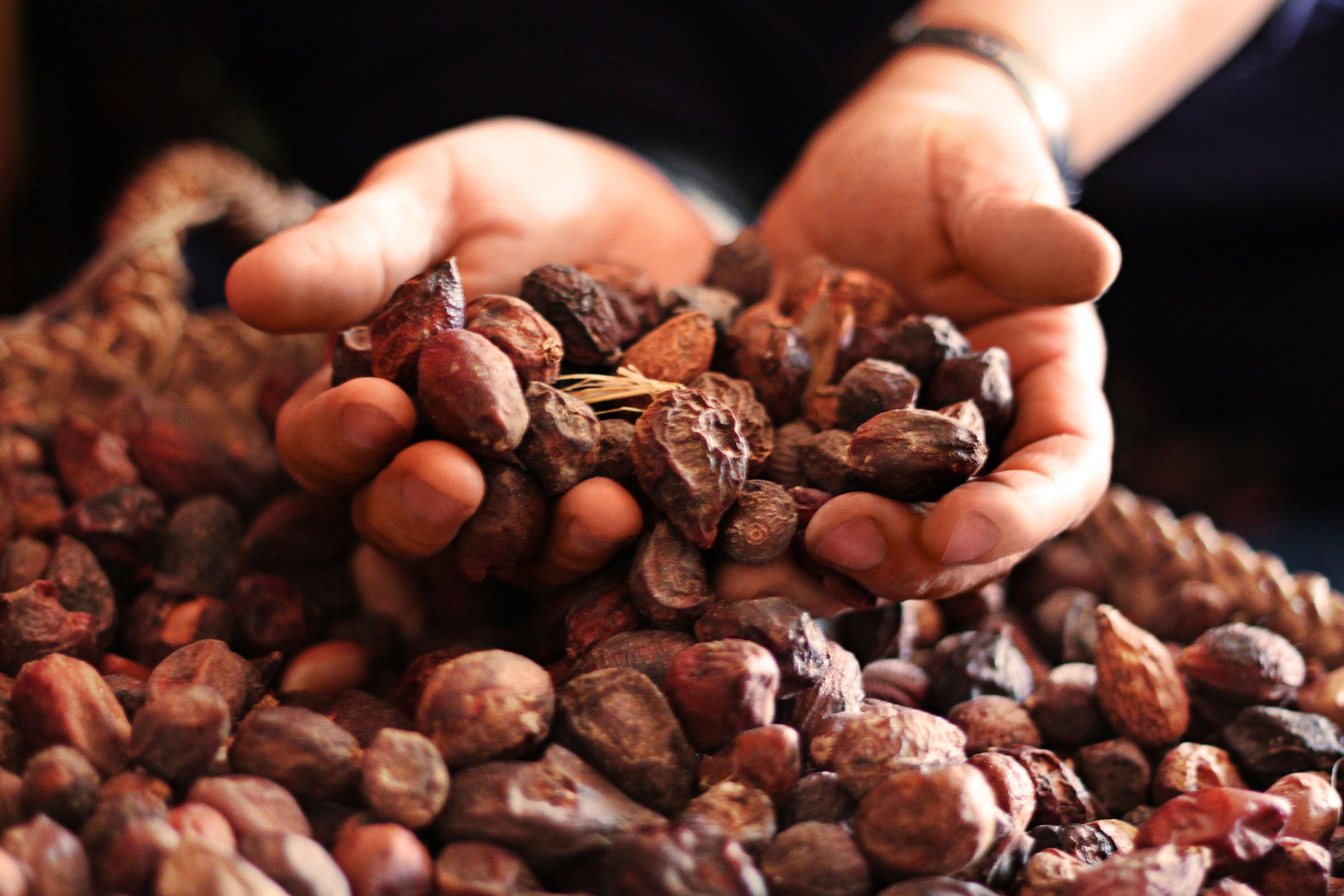
Skincare Routines
Incorporating argan oil into your skincare routine can benefit all skin types. This versatile beauty elixir is packed with essential fatty acids, antioxidants, and vitamins that nourish and hydrate the skin. Whether you have dry, oily, or sensitive skin, argan oil can work wonders for you.
One of the simplest ways to use argan oil in your skincare routine is as a facial moisturizer. Apply a few drops of this golden oil to your face and gently massage it into your skin. The lightweight texture of argan oil allows it to absorb quickly without leaving a greasy residue behind. It helps to lock in moisture and leaves your skin feeling soft and supple.
Argan oil also doubles up as an effective makeup remover. Its gentle yet powerful properties make it suitable for even the most stubborn waterproof makeup products. Simply apply a small amount of argan oil onto a cotton pad and swipe it across your face to remove makeup effortlessly.
For those looking for an all-over body moisturizer, look no further than argan oil. Its hydrating properties extend beyond just the face and can be used on other parts of the body as well. Massage a generous amount of argan oil onto damp skin after showering or bathing to seal in moisture and keep your skin smooth throughout the day.
Haircare Formulas
Argan oil has gained immense popularity in the haircare industry due to its ability to promote healthy hair growth and add shine to dull locks. Many shampoos and conditioners now include this miracle ingredient in their formulations.
You can also create DIY hair masks or serums using pure argan oil for added nourishment. Combine a few drops of argan oil with other natural ingredients like honey or coconut milk to create a deep conditioning mask that will leave your hair soft, shiny, and manageable.
Whether you have frizzy hair that needs taming or dry hair that lacks moisture, argan oil can help. Its high content of vitamin E and fatty acids helps to repair damaged hair, reduce split ends, and improve overall hair health. Simply apply a small amount of argan oil to your hair, focusing on the ends, to tame frizz and add a healthy shine.
Unlock the potential of your locks with the help of argan oil. Incorporating this natural ingredient into your haircare routine will leave you with luscious, shiny locks that are the envy of many.
Ensuring Authenticity
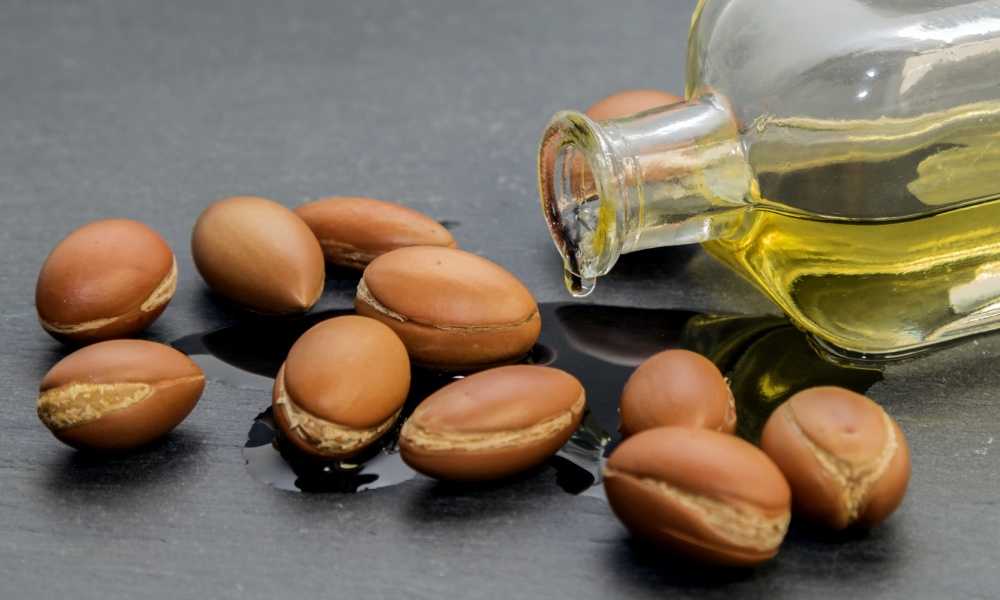
Identification Tips
To ensure that you are purchasing authentic argan oil in Morocco, there are a few identification tips to keep in mind. First and foremost, genuine argan oil has a distinct golden color and a nutty aroma. When examining the oil, look for this characteristic hue and scent as indicators of its authenticity. It is recommended to opt for organic and cold-pressed varieties of argan oil as they tend to be of higher quality. These production methods help preserve the natural properties of the oil, ensuring that you get all the benefits it has to offer. By learning how to identify authentic argan oil, you can confidently make your purchase knowing that you are getting the real deal.
Buying Guide
It is important to be mindful of certain factors to ensure that you are making an informed decision. One key aspect is choosing reputable brands or trusted sources when purchasing argan oil. This helps guarantee that you are buying from reliable suppliers who prioritize quality and authenticity. Furthermore, consider factors such as production methods, certifications, and packaging. Look for oils that have been produced using traditional methods by local cooperatives or those that bear certifications like Ecocert or USDA Organic. These certifications provide assurance that the product meets specific standards and has undergone rigorous testing.
Another consideration when buying argan oil is the packaging. Opt for oils that come in dark glass bottles or opaque containers as they help protect the oil from light exposure which can degrade its quality over time. It’s also worth noting that authentic argan oil may have a higher price point due to its labor-intensive production process and limited availability.
Sustainability Efforts
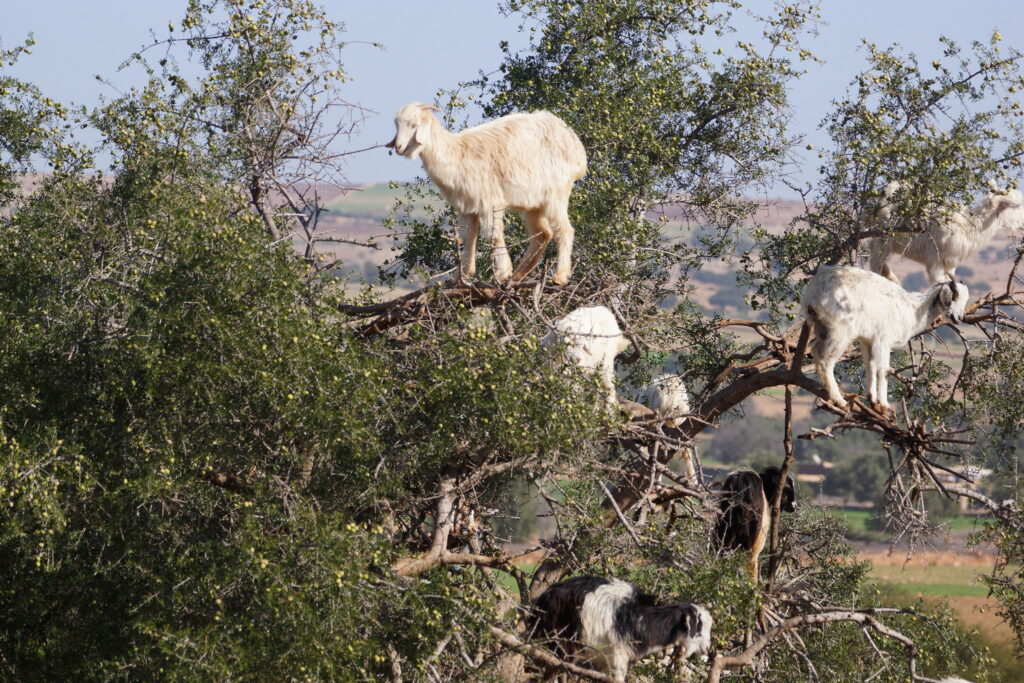
Conservation Initiatives
Efforts are underway in Morocco to protect and conserve the endangered argan tree, which is the source of valuable argan oil. Local cooperatives play a vital role in promoting sustainable harvesting practices and reforestation efforts.
One of the key conservation initiatives focuses on preserving the argan tree ecosystem. These initiatives aim to safeguard not only the trees but also the biodiversity that relies on them. By protecting and restoring argan forests, these efforts contribute to maintaining a healthy and balanced natural environment.
Local cooperatives actively participate in these conservation initiatives. They educate farmers about sustainable harvesting methods, ensuring that only mature fruits are collected while leaving enough on the trees for seed dispersal. This practice helps maintain a healthy population of argan trees for future generations.
Reforestation projects have been implemented to restore areas where deforestation has occurred. By planting new argan trees, these projects help replenish degraded landscapes and create habitats for various species that depend on the argan tree ecosystem.
Threats to Argan Trees
Despite ongoing conservation efforts, the argan tree faces several threats that jeopardize its survival. Deforestation is one major concern as it leads to habitat loss for many plant and animal species. The demand for arable land, firewood, and construction materials poses a significant risk to argan forests.
Climate change also poses challenges to the survival of argan trees. Rising temperatures and changing rainfall patterns can impact their growth and overall health. Drought conditions can make it difficult for young saplings to establish themselves, further exacerbating the issue.
Moreover, unsustainable agricultural practices contribute to the degradation of argan forests. The expansion of monoculture farming often results in soil erosion and nutrient depletion, negatively impacting surrounding ecosystems.
Urbanization is another threat faced by argan trees in Morocco. As cities expand and infrastructure development increases, natural habitats are lost or fragmented, disrupting ecological processes and threatening the survival of many species, including the argan tree.
To address these threats, it is crucial to raise awareness about the importance of conserving argan trees and their ecosystem. By promoting sustainable land use practices, implementing reforestation projects, and encouraging responsible tourism, we can help protect this unique tree species for future generations to enjoy.
Future of the Argan Industry
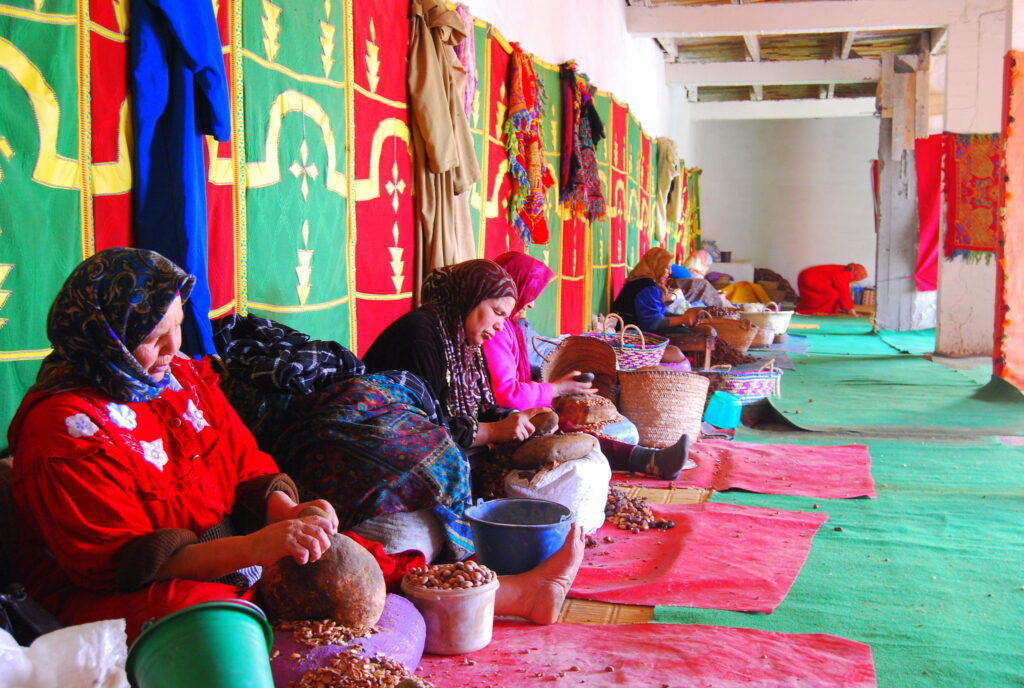
Market Trends
The argan oil industry has witnessed a significant surge in demand worldwide. This versatile oil has become highly sought after in various sectors, including the beauty, health, and culinary industries. As consumers increasingly prioritize natural and organic products, argan oil’s numerous benefits have propelled its popularity.
In the beauty industry, argan oil has gained recognition for its exceptional moisturizing properties. Its high vitamin E content and essential fatty acids make it an excellent choice for skincare and haircare products. From facial serums to hair masks, argan oil is now a staple ingredient in many cosmetic formulations.
Moreover, the health industry has also embraced the use of argan oil due to its potential health benefits. Studies suggest that consuming argan oil may help reduce inflammation, lower cholesterol levels, and improve heart health. As a result, this golden elixir has found its way into dietary supplements and functional foods.
Furthermore, the culinary world has recognized the unique flavor profile of argan oil. With its nutty taste and rich aroma, it adds depth to both savory and sweet dishes. Chefs around the globe are incorporating this Moroccan treasure into their recipes as an exotic ingredient or finishing touch.
To stay ahead in this growing market, it is crucial for businesses to remain updated on the latest trends surrounding argan oil. Keeping track of consumer preferences can help companies tailor their products accordingly and tap into new opportunities within the industry.
Innovations in Production
Traditionally, producing argan oil was a labor-intensive process carried out by Berber women in Morocco. However, modern innovations have revolutionized production methods while maintaining respect for tradition.
One notable advancement is the introduction of cold-pressing machines that extract oil from argan kernels without heat or chemicals. This method preserves the integrity of nutrients present in raw materials while ensuring higher yields compared to traditional hand-pressing techniques.
Mechanized processes have also improved the overall efficiency of argan oil production. Automated machines now handle tasks such as cracking the argan nuts, which were previously done manually. This not only saves time but also reduces physical strain for workers.
Advancements in packaging and storage techniques have extended the shelf life of argan oil without compromising its quality. Dark glass bottles and airtight containers protect the oil from light and oxygen, preserving its freshness and potency for longer periods.
These innovations have not only increased productivity but also created employment opportunities within the local communities. As the demand for argan oil continues to rise, these technological advancements ensure that manufacturers can meet market demands while maintaining product integrity.
Marrakech & Essaouira’s Finest Argan Oil
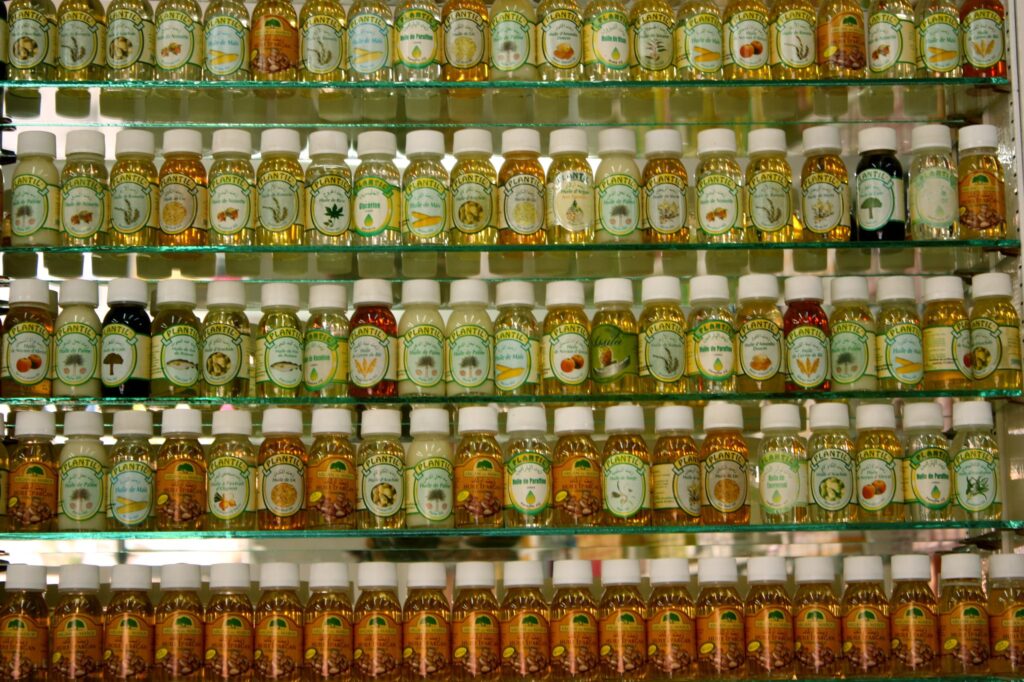
Expert Recommendations
Experts in the field of skincare and beauty recommend using pure, organic argan oil for optimal benefits. The purity and quality of the oil directly impact its effectiveness in nourishing and rejuvenating the skin, hair, and nails. When seeking to incorporate argan oil into your routine, it is advisable to consult with a professional or dermatologist who can provide personalized advice based on your specific needs.
Argan oil has gained immense popularity due to its numerous benefits, but it is important to understand how to use it correctly for maximum results. Experts suggest applying a few drops of argan oil onto clean skin or hair and gently massaging it in until fully absorbed. This allows the nutrients present in the oil to penetrate deeply, providing hydration and promoting a healthy appearance.
Experts recommend using argan oil as a leave-in treatment for dry or damaged hair. Applying a small amount to the ends of your hair can help prevent split ends and frizz while adding shine and softness. It can also be used as a cuticle oil to moisturize and strengthen nails.
Shopping Destinations
When visiting Morocco, particularly Marrakech or Essaouira, exploring local markets or souks is an excellent way to find authentic argan oil products. These vibrant marketplaces offer a wide range of options, from pure argan oil bottles to skincare products infused with this precious ingredient. By purchasing directly from local artisans or cooperatives, you not only support their livelihoods but also ensure that you are getting genuine products.
For those unable to visit Morocco personally, online platforms provide a convenient way to purchase authentic argan oil globally. Numerous reputable websites offer high-quality argan oil sourced from Moroccan cooperatives that follow sustainable practices. Before making a purchase online, it is essential to read reviews from other customers and verify the authenticity of the product. Look for certifications such as USDA Organic or Ecocert, which guarantee the quality and purity of the argan oil.
Argan Experiences
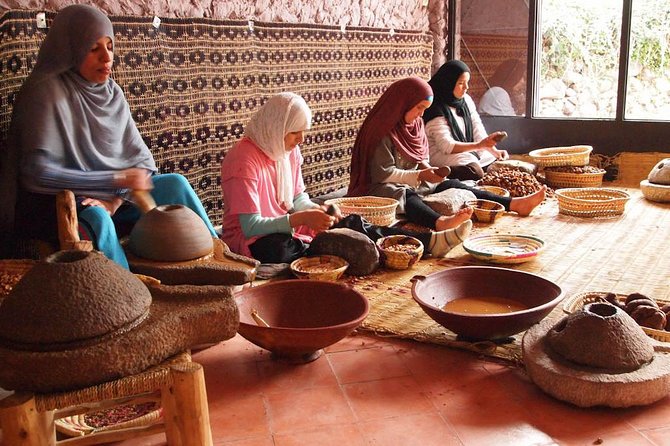
Travel Encounters
Traveling to Morocco provides a unique opportunity to witness the production of argan oil firsthand. As you explore this enchanting country, you can engage with local communities and learn about their traditional practices surrounding argan oil. From the moment you set foot in Morocco, you’ll be surrounded by the sights, sounds, and aromas of this precious Moroccan treasure.
One way to immerse yourself in the world of argan oil is by visiting cooperatives where women work together to extract the oil from the kernels of the argan fruit. These cooperatives are often nestled in rural areas, offering a glimpse into the daily lives of those involved in the production process. You can observe how these skilled artisans crack open the hard shells of the argan fruit and extract its valuable oil using traditional methods passed down through generations.
Embarking on a unique travel experience centered around argan oil allows you to gain a deeper understanding of its significance within Moroccan culture. By interacting with locals who have dedicated their lives to preserving this ancient tradition, you’ll gain insights into their knowledge and expertise. They will eagerly share stories about how argan oil has been used for centuries as a natural remedy for various ailments and as an essential ingredient in traditional Moroccan cuisine.
Cultural Immersion
To truly immerse yourself in Moroccan culture, it’s essential to explore the significance of argan oil beyond its production process. Participating in traditional rituals and ceremonies involving argan oil offers a window into centuries-old customs that continue to shape Moroccan society today.
One such ritual is known as “Hamam,” where locals use argan oil during steam baths for its nourishing properties. This practice not only cleanses and rejuvenates the skin but also symbolizes purification and renewal. By partaking in this ritual, you’ll not only experience firsthand how argan oil is incorporated into self-care routines but also connect with the cultural significance it holds for the Moroccan people.
Argan oil plays a role in traditional Moroccan weddings. During these joyous celebrations, the bride and groom are often anointed with argan oil as a symbol of blessings and good fortune for their future together. By witnessing or even participating in these ceremonies, you’ll gain a deeper appreciation for how argan oil is deeply intertwined with love, happiness, and unity within Moroccan culture.
Conclusion
Congratulations! You’ve now unlocked the secrets of argan oil in Morocco. From its miraculous benefits for both beauty and culinary delights to the efforts made towards sustainability, you’ve journeyed through the essence of this precious oil. As you reflect on all that you’ve learned, it’s clear that argan oil is more than just a beauty product or ingredient – it’s a symbol of tradition, culture, and the rich heritage of Morocco.
Now armed with this knowledge, it’s time to take action. Consider incorporating argan oil into your daily routine, whether it’s for nourishing your skin or enhancing your favorite recipes. Look for authentic sources and support sustainable practices to ensure the preservation of this valuable resource. And if you ever find yourself in Marrakech or Essaouira, don’t miss the opportunity to immerse yourself in an unforgettable argan experience.
So go forth and embrace the wonders of argan oil. Let its golden glow illuminate your life, just as it has done for centuries in Morocco. The journey doesn’t end here – it’s only just beginning.
Frequently Asked Questions
Argan oil is a precious oil derived from the kernels of the argan tree, native to Morocco. Known as “liquid gold,” it has been used for centuries by Moroccan communities for its numerous benefits in culinary and beauty applications.
Argan oil offers a multitude of benefits. It nourishes and moisturizes the skin, reduces signs of aging, strengthens hair, and promotes overall well-being. Its high vitamin E content and essential fatty acids make it an excellent choice for improving skin health and combating dryness.
Absolutely! Argan oil adds a unique flavor profile to various dishes. With its nutty taste and rich aroma, it’s perfect for drizzling over salads, dipping bread, or adding a finishing touch to your favorite recipes. Just remember to use it sparingly due to its intense flavor.
To ensure authenticity, look for reputable brands that source their argan oil directly from Morocco. Check labels for certifications like “100% pure” or “organic.” Authentic argan oil should have a golden color with a mild nutty scent. Avoid products with additives or suspiciously low prices.
Yes! The production of argan oil plays a vital role in supporting local communities and preserving the environment. Many cooperatives in Morocco follow traditional methods that promote sustainable harvesting practices while empowering women who are involved in every step of the process.
Marrakech & Essaouira are renowned for producing some of the finest quality argan oils in Morocco. The region’s unique climate and soil conditions contribute to the exceptional quality of their oils. The cooperative-run production methods ensure authenticity and support local communities.

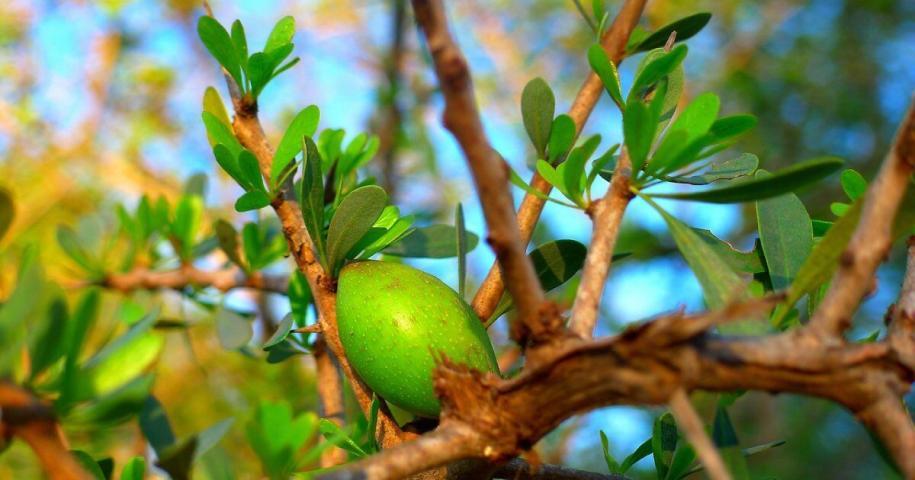
Leave a Reply